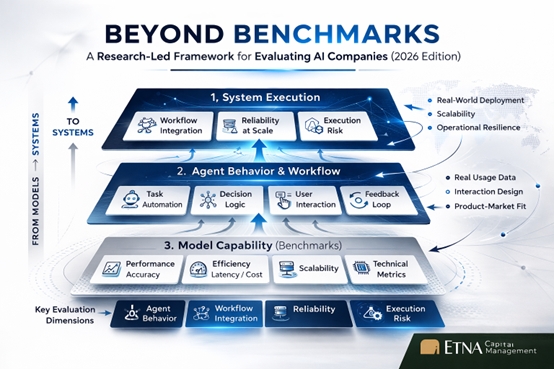You’re reading Entrepreneur India, an international franchise of Entrepreneur Media.
AI marketing has quickly become a vital part of today’s business world. By using advanced technologies like data analysis, natural language processing (NLP), data collection, and machine learning (ML), businesses can plan, execute, and optimize their marketing efforts more effectively. Companies, whether large or small, B2B or B2C, are turning to AI to boost their marketing performance, enhance efficiency, and save costs. This integration of AI into marketing not only streamlines processes but also opens up new possibilities for connecting with customers in more meaningful ways.
In the highly competitive world of marketing, Indian marketers are adopting various tools and techniques to stay in the market. In 2022, 68 per cent of marketers had a defined AI strategy, and today, 75 per cent of marketers are already experimenting with their AI plans. Notably, 79 per cent of Indian marketers are already experimenting with their AI plans, as reported in the recent Salesforce’s ‘State of Marketing’—sharing data from over 4,800 marketing leaders across 29 countries including 250 from India. The report also revealed top priorities, AI tools/techniques, and challenges faced by Indian marketers.
Indian marketers are prioritizing AI in their practices to enhance marketing ROI/attribution, boost engagement with customers in real-time, and build/retain trust with customers. Twenty eight percent of marketers in India are fully satisfied with their ability to unify customer data sources, with 66 percent of Indian marketers have access to real-time data for executing campaigns. However, 59 percent require assistance from the IT department to utilize the data. On average, Indian marketers employ 9 different tactics to collect data, with customer service data being the most commonly used.
Eighty four percent of executives reported that they use AI technology to interact with clients, and 91 percent of businesses are positive about using AI for consumer engagement. Additionally, 88 per cent think automated systems for quick resolutions boost user loyalty, and 96 per cent believe generative AI will enhance customer interactions, as per LivePerson.
“Today, Data and AI hold the promise of helping marketers reach customers in new, more engaging ways, but they are far from reaching their potential. Eager to make the most of every customer engagement, marketers deploy a wide variety of tactics to collect clues for better audience understanding. Today it is evident, Sales and Marketing can no longer be viewed as just another function, they are the very engines and drivers of growth for any business. As marketers in India are prioritizing AI and Data capabilities, building and retaining customer privacy and trust poses a significant challenge. Insights from the report are valuable to marketers across the country to help them outdo their competition by embracing AI and Data, to drive loyal customers, while mitigating trust, privacy and security challenges,” said Nishant Kalra, VP – Digital, Salesforce India.
Marketers’ Generative AI Concerns
Marketers are more concerned about data exposure and distrust in generative AI. Forty-one percent of CMOs stated that data exposure is their top concern compared to 29 percent of VPs and 32 percent of team leads. However, globally, over half of marketers say they currently use predictive and generative AI — and nearly all marketers plan to use both types within the next 18 months.
Nevertheless, 98 percent of marketers believe that authentic data is crucial. However, just as the data must be trustworthy, so should its integration with Artificial Intelligence. Generative AI systems need large datasets to understand and generate content on demand. Meanwhile, the report also highlights that 88 percent of marketers worry about missing out on generative AI’s benefits, compared to 78 percent of sales and 73 percent of service colleagues.








